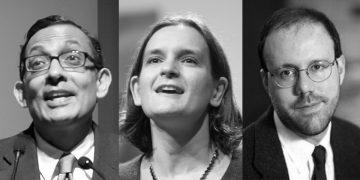 Philip Mader, Richard Jolly, Maren Duvendack and Solene Morvant-Roux over at the Institute for Development Studies:
Philip Mader, Richard Jolly, Maren Duvendack and Solene Morvant-Roux over at the Institute for Development Studies:
RCTs have delivered intriguing insights into how poor people think and act, but also into how behavioural economists do. For example, when a slew of high-profile RCTs failed to deliver the evidence that researchers expected on the ‘miracle of microfinance’, the researchers paid little heed to the implications of their insignificant and sometimes even negative findings. Instead, they focused attention onto some small (but statistically) significant behavioural changes in their data. These included microfinance services encouraging slightly higher propensities to engage in entrepreneurship and reduced purchasing of ‘temptation goods’ (a category in which Banerjee and Duflo included, for Indian slum-dwellers, tea and food on the street).
The problem is that these insights, far from shifting economic paradigms in a progressive way, and enabling greater realism and pluralism in economic thinking, have led to thinly-veiled efforts at behaviourally re-engineering the poor, which have gained traction in global development. The new behavioural paradigm, canonised in the World Bank’s 2015 World Development Report Mind, Society and Behavior, invokes targeted social norm-shifting, subliminal marketing through entertainment, ‘choice architecture’ and ‘nudge’, social pressures, and punitive conditionalities, to change poor people’s behaviours. The idea is to ‘help’ poor people overcome supposedly irrational ‘risk aversion’ in order to be more entrepreneurial, or more ‘time-consistent’ and save for a rainy day.
More here.
